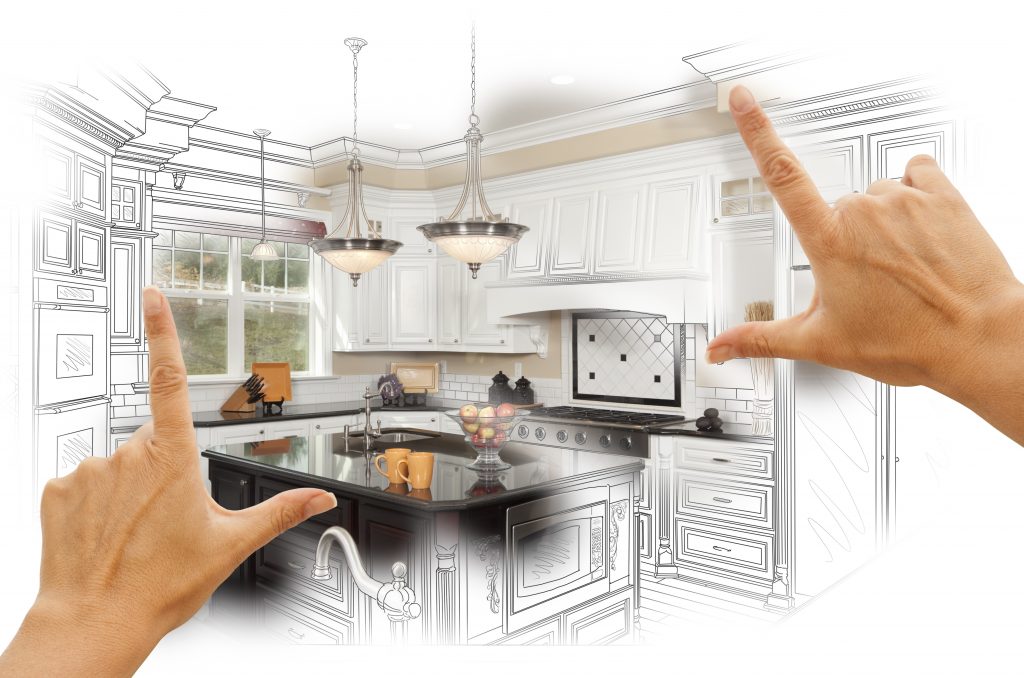The industrial HVAC industry is constantly evolving due to advancements in technology, energy efficient solutions, and varying customer needs. Some current trends include systems that use geothermal heating and cooling, multi-split system installations, variable refrigerant flow technologies, and other advanced options. These new systems help businesses save on energy costs, while still meeting their heating and cooling requirements.
In general, an industrial HVAC system is designed to maintain comfortable temperature and humidity levels in buildings of all sizes and types. These systems may use gas, oil, or electricity to heat and cool the air inside of a building. They can also extract warm air from a building and transfer it outdoors using a water-cooling system, or they can use a heat pump to absorb warmth from the outdoor air.
An industrial HVAC unit can consist of an air hood that draws in ambient outdoor air, a filter that filters the air, a fan, and coils that heat or cool the air. Depending on the type of unit being used, an economizer may be installed to help flush out indoor air and reduce energy output.
Ductwork is often insulated to prevent unwanted heat transfer hvac engineer near me and condensation. Some ductwork is also coated with a fire-retardant material for additional safety. Ducts are sometimes made from aluminum or stainless steel, but copper is the more common choice as it has better conductivity and resistance to corrosion than other materials.
One of the most important things to keep in mind when comparing prices for an industrial HVAC installation is to make sure you are evaluating all components. Many business owners will opt for the lowest quote, but this can cost them more in the long run. A company that specializes in providing accurate estimates that consider both the cost of materials and labor will be able to provide the best value for your business.
It’s also helpful to choose an industrial hvac installation company that has licensed professional engineers on staff. These engineers are responsible for value engineering and verification of every commercial HVAC system design. They rely on years of mechanical engineering training and experience, as well as scientific calculations, to double check every system plan and ensure that it meets the specific needs of each business.
Ask potential contractors to submit complete price quotes for the entire installation process. This will help you avoid any surprise fees and ensure that all parts of the installation are being considered. For example, if there are any issues with the location of your electrical panel, it will be more cost-effective to have the ductwork installed before the electrical components are put in place. It’s also a good idea to have the ductwork installed after the drywall is up to reduce the risk of conflicting studs and joists in your walls and floors.

